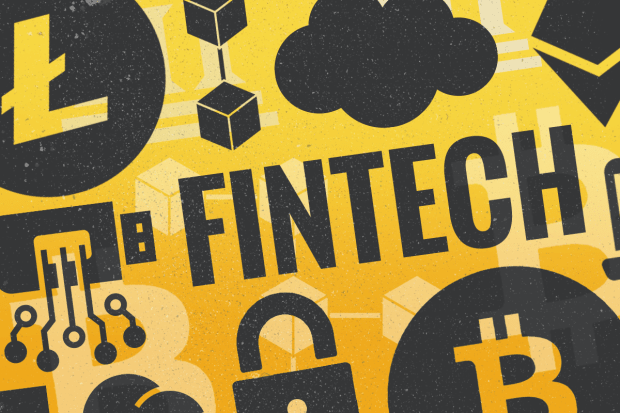The financial industry is a cornerstone of innovation. The banking, investment, and finance sectors have either fostered or adopted some of the most incredible advances the world has ever seen. They might not be as trendy as a social media outlet or as integral as the smartphone, but they have contributed to modern-day society’s advancement and prosperity.

Since the dawn of finance, the industry has always attempted to gain a competitive advantage. This desire for constant innovation has led to checks, credit cards, money transfers, online banking, and many other services that did not exist 20 years ago. Today, fintech innovations will play a critical role in the sector tomorrow – and they will have an undeniable impact on consumers.
Here are some of the most promising fintech innovations for consumers today and tomorrow.
1. Digital-Only Banking
It is remarkable to think that today’s young generation of consumers will be the first ones never to step foot inside a brick-and-mortar branch to perform their banking. Check deposits, money transfers, and investment decisions – all of these things can be performed online either through one of the major financial institutions, or with a small online operation.
What’s more is that the fintech sector has spawned a treasure trove of accounts that are only possible through digital-only banking, such as high-interest savings accounts, all-in-one checking and investment accounts, free trading platforms, and the list continues. Say goodbye to wasting your lunch hour in a line up at the bank and say hello to a new generation of banking!
2. Chatbots
Instead of waiting on the telephone and listening to elevator music for two hours to access customer service, you can now log onto the company’s website and engage with a chatbot. This is quickly becoming the norm for many banks and finance-related organizations. It saves time, money, and resources – for both the client and the business.
Chatbots have already made incredible strides in the industry. That said, with a greater prevalence of mobile devices, improvements in artificial intelligence, and enhanced network connectivity, chatbots will be even more responsive and intuitive in the years to come.
3. Robo-advisors
Are the days of financial planners, stockbrokers, and investment experts over? Perhaps not, but they will be witnessing some intense competition in the years to come from an unlikely source: Robots.
Robo-advising might still be in its infancy period. Still, it is a popular investment option for young people interested in participating in stocks but may not possess the time nor acumen to buy and sell shares in tickers. But how do robo-advisors work?
Robo-advisors are digital platforms that give clients automated and algorithm-driven financial planning services with little to no human supervision. Portfolio management, highly advanced security features, and successful goal planning are some of the benefits of utilizing robo-advisors.
4. P2P Financing
Technology has ditched the middleman and connected peers.
Peer-to-peer services and platforms are not entirely new as they have been around for about a decade or longer in the online world. However, they have advanced, evolved, and adapted in the fintech sphere, with a plethora of companies growing their market shares and adopting the latest strategies and technologies.
From sending money to a friend to borrowing funds to purchase a property, P2P financing is situated in every aspect of the finance sector.
5. Money Management Apps
What is the new expression these days? “There is an app for that”. Indeed, there is a mobile application for all of your money-related needs. Whether it is budgeting your dollars and cents or investing your spare change in stocks, the industry has seen an explosion of money management apps to help today’s consumers better keep track of their hard-earned funds.
Since you do everything with your smartphone already, why not use your mobile device to monitor your checking, saving, credit, and investments?
6. Blockchain
Is blockchain just a buzzword, or is it something that can offer authentic value to consumers today? While the word might seem alien for most people unaffiliated with the technology, it is transforming into a critical component of banking, finance, and money.
How does it work? David Schatsky, managing director at Deloitte, may have put it in the simplest of terms:
“A blockchain is a digital and distributed ledger of transactions or decentralized database that keeps continuously updated digital records in real-time across a network of computers.”
So, how does this translate to consumer finance?
Blockchain might be dedicated to cryptocurrencies, but a myriad of financial institutions, such as JPMorgan Chase, Wells Fargo, and Bank of America, are using blockchain technology to offer a diverse array of financial services. The goal? Innovation and cost-savings! Blockchain technology is already redefining and reshaping multiple industries. It was only a matter of time before it infiltrated the finance sector.
Leave a Reply